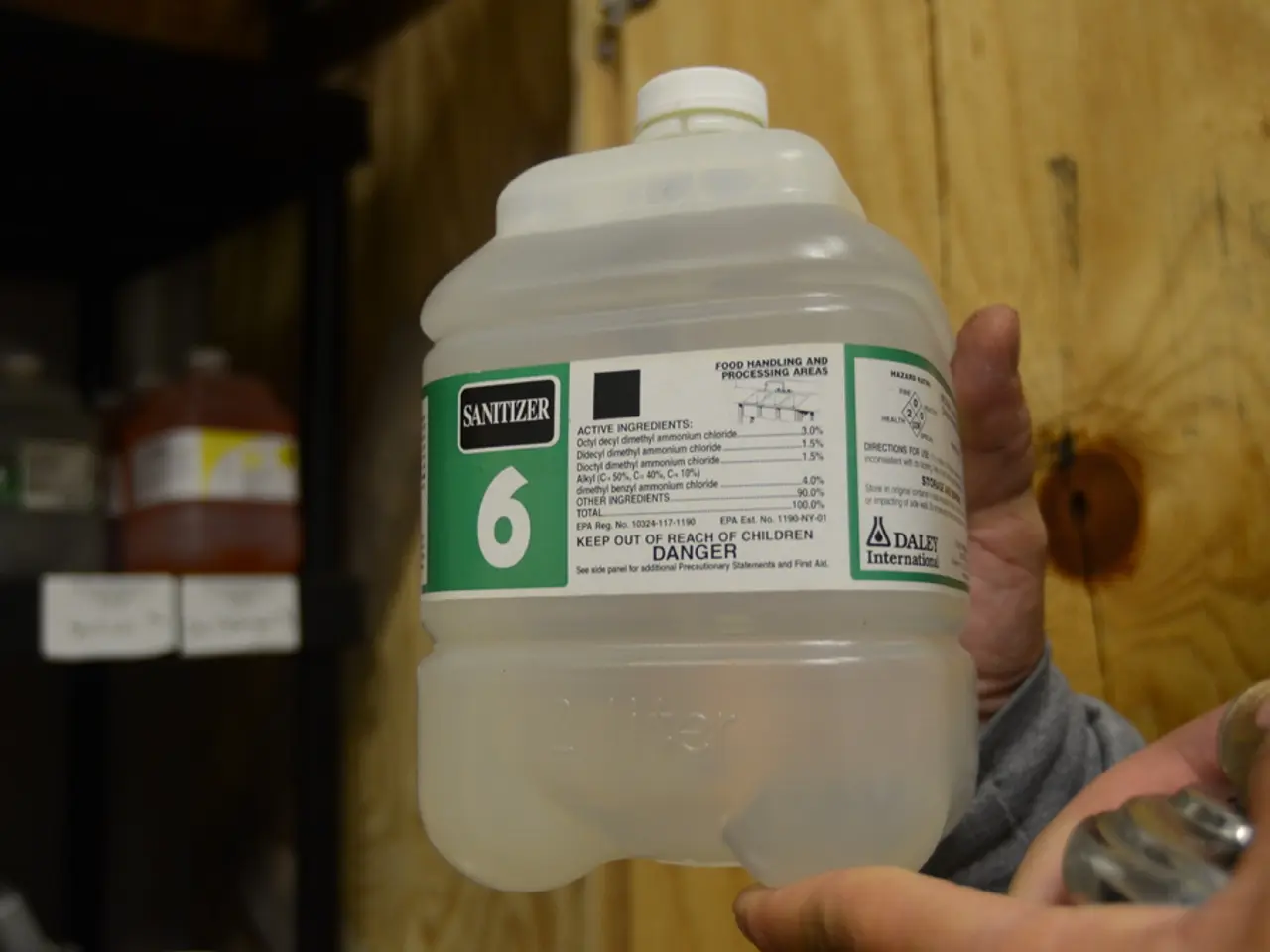A condition masquerading as an allergy, yet distinct in its nature.
Meningitis, an inflammation of the membranes surrounding the brain and spinal cord, can be a life-threatening disease if not promptly diagnosed and treated. Here are some common symptoms to watch out for, particularly in infants, children, and adults.
In infants, the bulging of the fontanelle, the soft spot on the head, can be a sign of meningitis. Other symptoms in infants and young children may include irritability, restlessness, diarrhoea, cough, runny nose, and jaundice. In addition, they might exhibit lethargy, drowsiness, loss of appetite, and cry for no reason.
Common symptoms in both children and adults include a sudden high fever, nausea and vomiting, confusion or difficulty concentrating, seizures, stiffness of the neck muscles, overall weakness, and hypersensitivity to both light (photophobia) and sound (phonophobia). Bright light and loud noises can cause severe headache and discomfort in people with meningitis.
In severe cases, individuals may experience behavioural changes and psychosis, signs of increased intracranial pressure such as cranial nerve palsies or papilledema, and loss of consciousness. A specific sign of meningitis is the appearance of a skin rash, which does not disappear when pressed and can vary from small red spots to large bruises.
High fever and chills can accompany the severe headache associated with meningitis. Meningitis can progress rapidly, and it's crucial to seek immediate medical attention if meningitis is suspected. If you notice any combination of these symptoms, especially with high fever, call emergency services immediately.
Remember, recognising the symptoms of meningitis and seeking timely treatment is crucial to avoid becoming a statistic of this dangerous disease. It's essential to understand that these symptoms may vary depending on the cause (viral or bacterial), age of the patient, and severity.
Previously, we discussed how to recognise the symptoms of diabetes. However, it's important to note that these two conditions can sometimes present with overlapping symptoms, making it even more crucial to consult a healthcare professional if you suspect either condition.
Bending the head forward to touch the chin to the chest may be difficult for people with meningitis due to neck stiffness. In children, meningitis may manifest as lethargy, drowsiness, loss of appetite, and crying for no reason. If you or someone you know is experiencing any of these symptoms, don't hesitate to seek medical help. Your quick action could save a life.
Science reveals that meningitis, a medical-condition affecting the membranes surrounding the brain and spinal cord, can present symptoms such as neck stiffness, high fever, headaches, lethargy, drowsiness, loss of appetite, and an unusual skin rash in both infants, children, and adults. It's essential to understand that health-and-wellness relies on recognizing these symptoms and seeking immediate medical attention to avoid complications.




